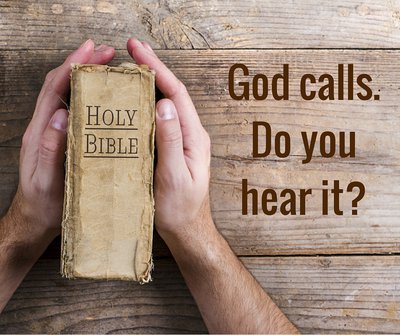Thoughts for the Day
Monday, 9th December 2024: Advent, Day 9 (The Calling)
Prophecy Isaiah Isaiah 45 Prophet Calling Messenger
Reading : Verses from Isaiah, Chapter 45

Thus says the Lord to his anointed, to Cyrus,
whose right hand I have grasped
to subdue nations before him
and strip kings of their robes,
to open doors before him—
and the gates shall not be closed:
I will go before you
and level the mountains,
I will break in pieces the doors of bronze
and cut through the bars of iron...
I have aroused Cyrus in righteousness,
and I will make all his paths straight;
he shall build my city
and set my exiles free,
not for price or reward,
says the Lord of hosts.
Turn to me and be saved,
all the ends of the earth!
For I am God, and there is no other.
By myself I have sworn,
from my mouth has gone forth in righteousness
a word that shall not return:
‘To me every knee shall bow,
every tongue shall swear.’
Only in the Lord, it shall be said of me,
are righteousness and strength;
all who were incensed against him
shall come to him and be ashamed.
(Lectionary, New Revised Standard Version)
Thoughts
During Advent we shall look at the people, places and symbols that invite us to prepare for the coming of the Christ-child at Christmas. They will not necessarily occur in the right order! Today we look at 'The Calling' .
We see in the scriptures that God's call to people came in different ways. We read that "the word of the Lord" came to Prophets like Hosea, Joel or Amos. Sometimes the word came not as speech but as a vision (Isaiah 6, and Ezekiel 1.1 ). Often the prophet is dubious about accepting the honour, after all it can be a dangerous job. Jeremiah (6.1) said at first, "Truly, I do not know how to speak", and of course Jonah actually ran away rather than take a message to Nineveh (Jonah 1.1-3). Sometimes the prophet is told to see or do some action as with Jeremiah and the potter (Jeremiah 18.1-8). These Prophets cover an approximate period between 1050 BCE (Samuel) to 430 BCE (Jonah), through the time of the single Kingdom to the divided Kingdom, to the destruction of Jerusalem and then the exile to Babylon.
However, nothing is quite like the calling of the Persian King Cyrus II who defeated the Babylonians, yet the people welcomed him into Babylon on 16 oct 539 BCE. He was to allow the Jewish exiles to return home and rebuild the temple in Jerusalem (Ezra 6.2-5). Over 150 years before this happened the Prophet Isaiah seems to have said that God would speak to His "anointed, to Cyrus" and that he would build God's city and set His exiles free. Two things are amazing about this:
- That Isaiah could make a prophecy that named a king so far in advance.
- That God's plan for rescuing His people was to involve a gentile king.
Personally, despite feeling that Isaiah Chapters 40-66 were likely written by a second Isaiah at a later time, we should remember that the themes of 'God's servant', and of 'setting His people free', are consistent with God's plans throughout the scriptures and that with God all things are possible.
This Advent, God still calls us as His people to return to Him.
* Some dates are approximate.
Prayer
Heavenly Father,
You called Your servant Cyrus
to free Your people
and allow them to return home.
We pray that Your call will be heard
by many more today,
and that they respond
to Your message of love
with energy and confidence.
May we constantly hear Your word
for our lives
and energetically respond.
Amen.
You might like to look at this: